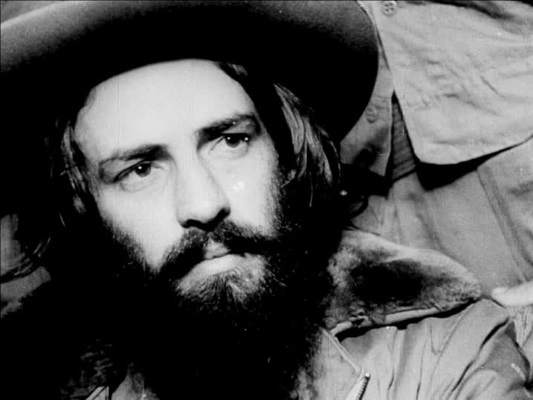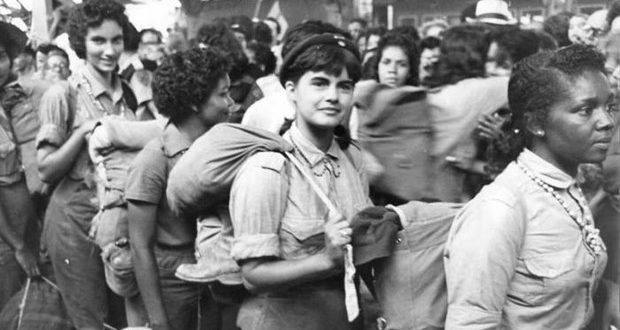
Ivan Garcia, 19 December 2016 — According to Luisa, 76, a former prostitute, the first time she collected money for sex, she bathed herself three times trying to remove the smell of an old man who sweated over her body.
“I was once young and pretty. The dawn that Batista fled from Cuba, I was in bed with an businessman who was my lover. Then everything changed. The Revolution made plans to integrate the prostitutes into society. I was in a school for women in Marianao. Several of my friends had courses on cutting and sewing, others to be taxi drivers,” says Luisa, while she eats a ration of rice, peas, and boiled egg in a horrible state-run restaurant that sells food to low-income people. continue reading
But necessity obliged her again to barter of sex for favors. “They say that the bird always returns to the mountain. The fact is that in 1970, after the Ten Million Ton Sugar Harvest, with three children and divorced, I went to bed with a FAR officer who in exchange gave me cans of Russian meat and condensed milk, among other canned food, and gave me money to support the children. Fidel Castro did not encourage prostitution, but mi’jo, the country has never worked, and when it is not one problem it’s another. People cannot live on speeches or promises,” says Luisa.
One of her daughters was a jinetera — a prostitute — at the end of the ’80s. The oldest granddaughter inherited the “office.” When night falls, she goes to a bar south of Havana and hunts for customers.
“It seems we carry being hookers in our blood,” emphasizes Luisa with a grimace that pretends to be a smile, but reflects shame. The olive green autocracy tried to change the customs of society, to dignify women and those who never had anything and to build a New Man immune to the vices of consumerism.
The goal was to achieve a citizen loyal to the Revolution. Atomic bomb proof. Who was circumspect, almost a saint, who drank little, did not practice sex too much and was able to recite from memory excerpts from important speeches of the Maximum Leader.
Like their efforts in crossing cattle breeds or experimenting in a laboratory with guinea pigs, Fidel Castro and Ernesto Guevara set to work. The first thing was to create a political commitment and a culture of hatred of Yankee imperialism.
The state propaganda apparatus and the party commissars were in charge of carrying out the task. It was an ideological war of high intensity on radio, television and in literature.
The shelves of Cuban bookstores overflowed with classics of socialist realism. The novels of Corín Tellado were forbidden. The directions for being a future communist passed through “No One is a Solldier at Birth,” “August of ’44” and “Panfilov’s Men,” among other works of Soviet war literature.
At that time, control over the media was absolute. Internet sounded like science fiction, a shortwave radio was something subversive and don’t even dream about a computer, something very large at that time.
The regime dominated the information flow at will. This allowed it to easily rule. In the 1970s, says Gerardo, an ex-combatant in the Angolan civil war, “We Cubans all believed that the Ku-Kux-Klan lynched blacks in every corner of the United States and that that nation’s days were numbered. Our mission was to build socialism first and communism later. The future belonged to us.”
Gerardo still remembers the litany of slogans they repeated every morning in the military camps. “Many believed that we were breeding a new future. We did not learn about, or we looked away from the abuses of power against those who thought differently. I came to know of the harassment of opponents and homosexuals and the creation of UMAP — internment camps for homosexuals, religious, dissidents and other “inconvenients — in the 90’s thanks to the internet. We lived in a bubble.”
Thousands of men and women were separated from their families with the mission of evangelizing Castroism. The journalist Tania Quintero, 74, says that in 1960, after listening to Fidel Castro talking about the creation of volunteer teachers, who would prepare in the mountains of the Sierra Maestra and later would be destined to rural schools, she decided to leave her job as a typist in the People’s Socialist Party offices, and become a teacher.
“I enrolled in the third and final contingent of volunteer teachers. From March to June of 1961 I was in La Magdalena, in Las Minas del Frio. Along with elementary notions of pedagogy we received classes in political indoctrination. We did not have a radio and every day the press came to us, that’s how I heard about the Bay of Pigs invasion,” Quintero recalls, adding:
“We young women who had better records were selected to take a course in revolutionary instructors, newly created by Fidel Castro and the Federation of Cuban Women (FMC). It was a one year study and work plan. From Monday to Friday we lived in residences in the old Havana Biltmore, renamed Reparto Siboney by the Revolution. The professors were University of Havana graduates in teaching, but the subjects were not limited to mathematics, Spanish, history, geography … We also had to study Marxism-Leninism and its creators: Marx, Engels and Lenin.”
Tania studied in the morning and afternoon and at night gave classes in “revolutionary instruction” — that is, in commenting and discussing Fidel Castro’s speeches — to former maids, prostitutes and housewives. “Fidel spoke almost daily, but it was not easy for those students of low academic and cultural level to express themselves freely. And I confess that I succeeded because I ignored the dense paragraphs of his speeches. At that time, one of his mono-themes was artificial insemination and that allowed me to give animated classes. I remember one student saying to me: ‘I do not know why Fidel wants to do away with the zebu cows, if those are the ones we have always had and until 1959 they gave us a lot of meat and lots of milk.’ ”
Carlos, a sociologist, can not demonstrate that the new social essay, including the plan of study and work created in 1961 by Fidel Castro and the FMC was scientific. “I think that it was an empirical plan and gave its results, because, if I am not mistaken, it spoke to thousands of women, old maids and peasants. But there were well-defined codes with regard to the evangelization of Castroism and the creation of a new Cuban. It was a well-structured protocol for achieving the purpose of transforming the human being into a zombie. The result of designing a laboratory man is now being collected. Simulator, liar and generally rude.”
The great adversary of the regime of Fidel Castro, first, and of his brother Raúl later, has been the new information technologies. What the anti-Castro insurrectionist strategy in the 1960s could not achieve, and what the subsequent peaceful activism of dissent also failed to achieve, the Internet and social networks are achieving now.
Despite the fact that an hour of internet costs the equivalent of two-and-a-half days of a worker’s wages, facts can no longer be hidden. The information highway has made evident the failures and the proverbial manipulation of the state press.
The network of networks is the weapon that has destroyed the outlandish project of building the New Man on a Caribbean island. For the autocracy, the internet is a Trojan Horse. That is why they try to censor it.
Photo: Members of the Second Contingent of Volunteer Teachers who graduated in Havana on 23 January 1961. The first contingent graduated in April 1960 and the third and last in June 1961 in Holguin. About 10,000 young people from all over the country were trained as rural teachers in makeshift and rustic camps in the Sierra Maestra. As a culmination of each course, the young people climbed Pico Turquino, which at 1,974 meters is the highest mountain in Cuba. The photo was taken from the newspaper Granma (TQ).
Translated by Jim

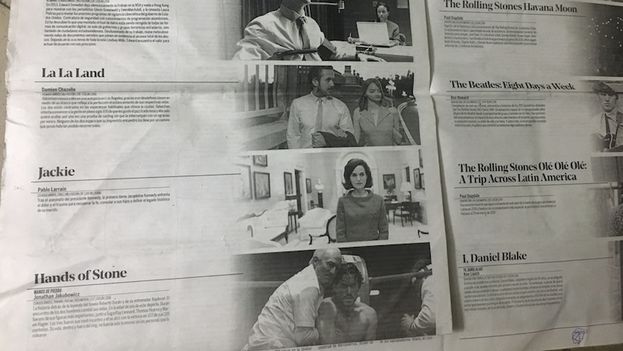
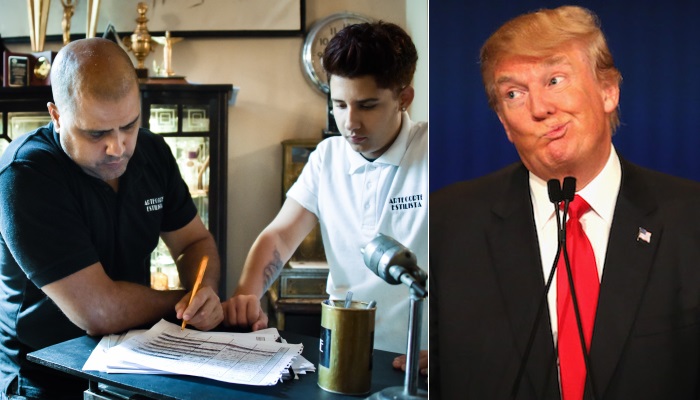

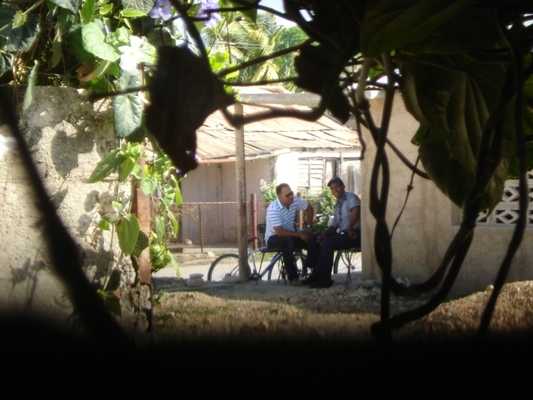

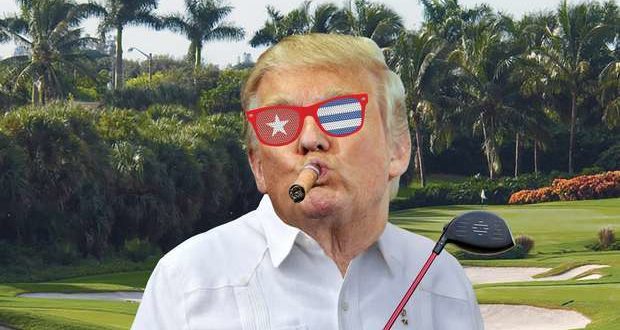
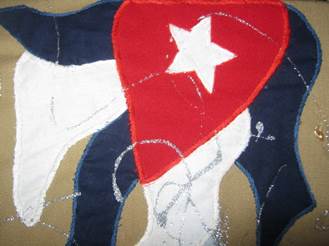

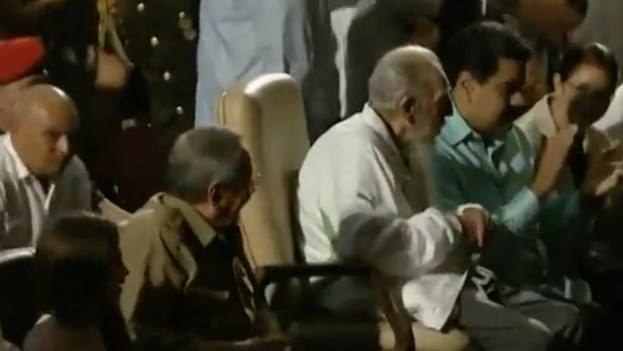
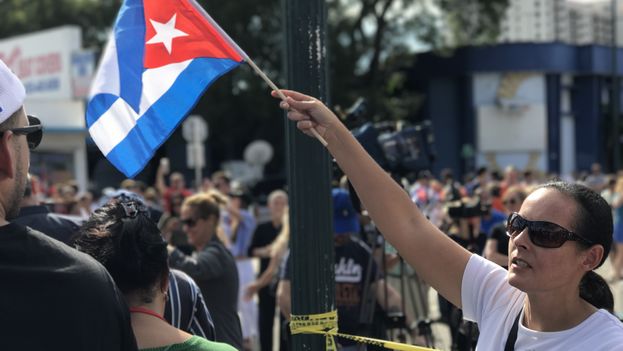
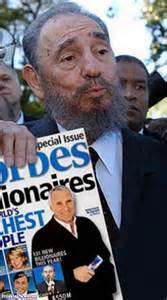 Hablemos Press, 26 November 2016 — The dictator Fidel Castro has died in Havana this 25 November. He was among the military men who ruled the Island with an iron fist for 49 years, amassing a great fortune–despite being a critic of capitalism.
Hablemos Press, 26 November 2016 — The dictator Fidel Castro has died in Havana this 25 November. He was among the military men who ruled the Island with an iron fist for 49 years, amassing a great fortune–despite being a critic of capitalism.